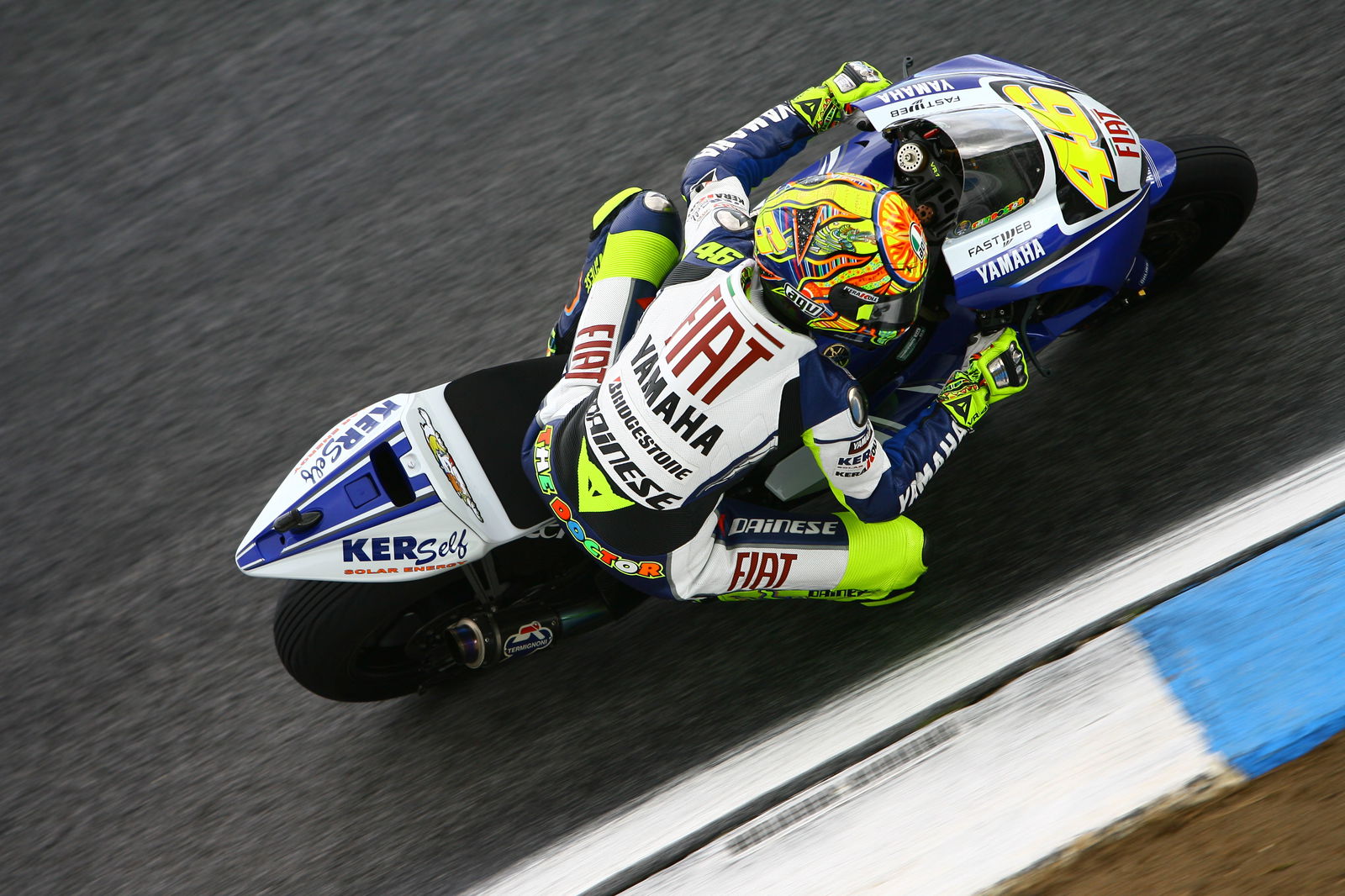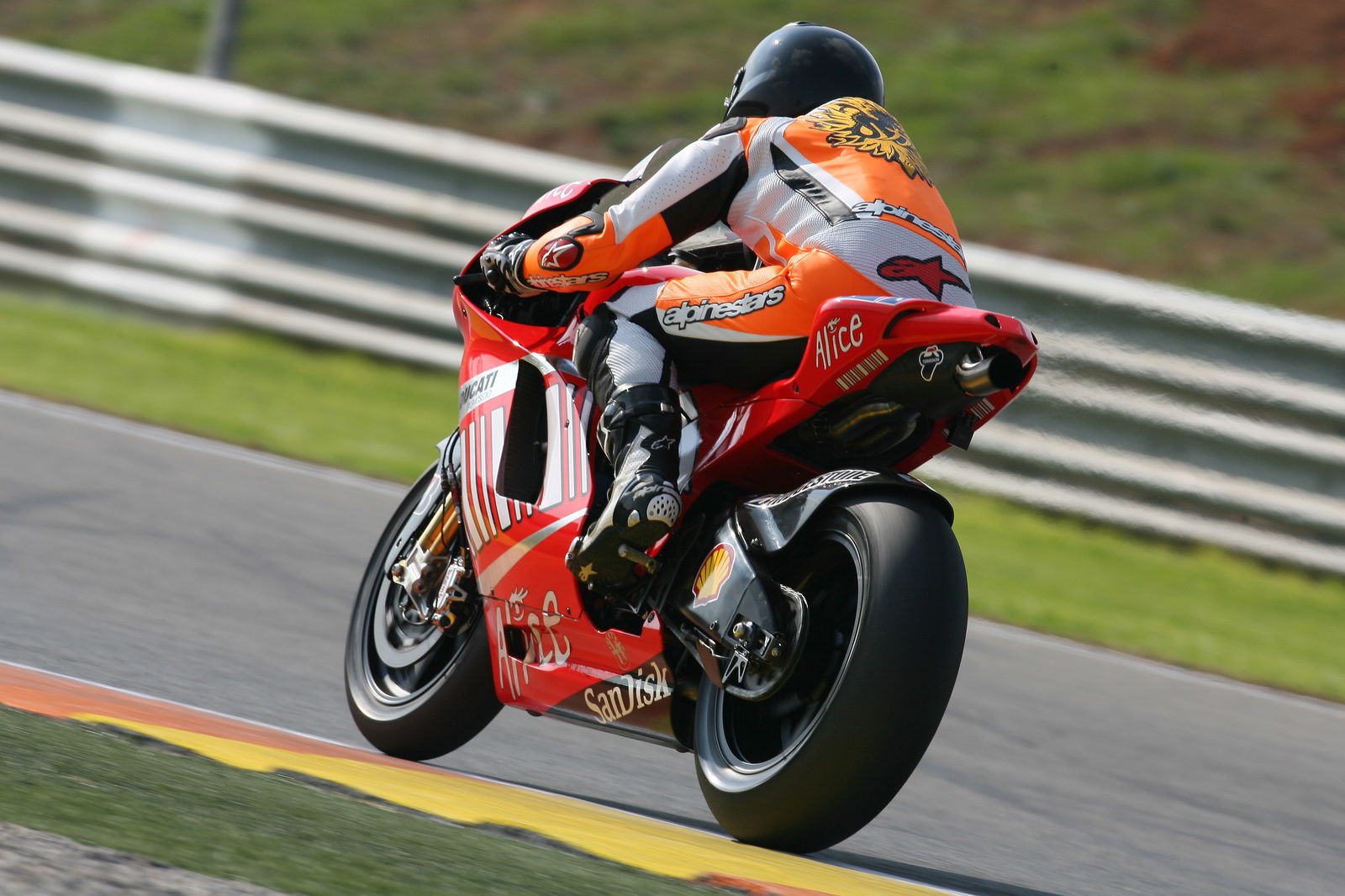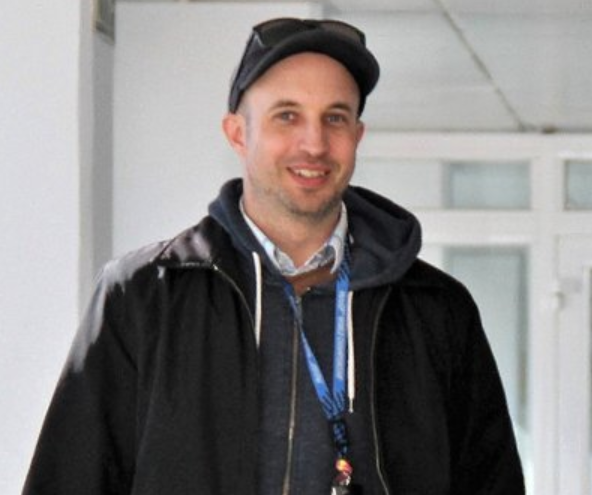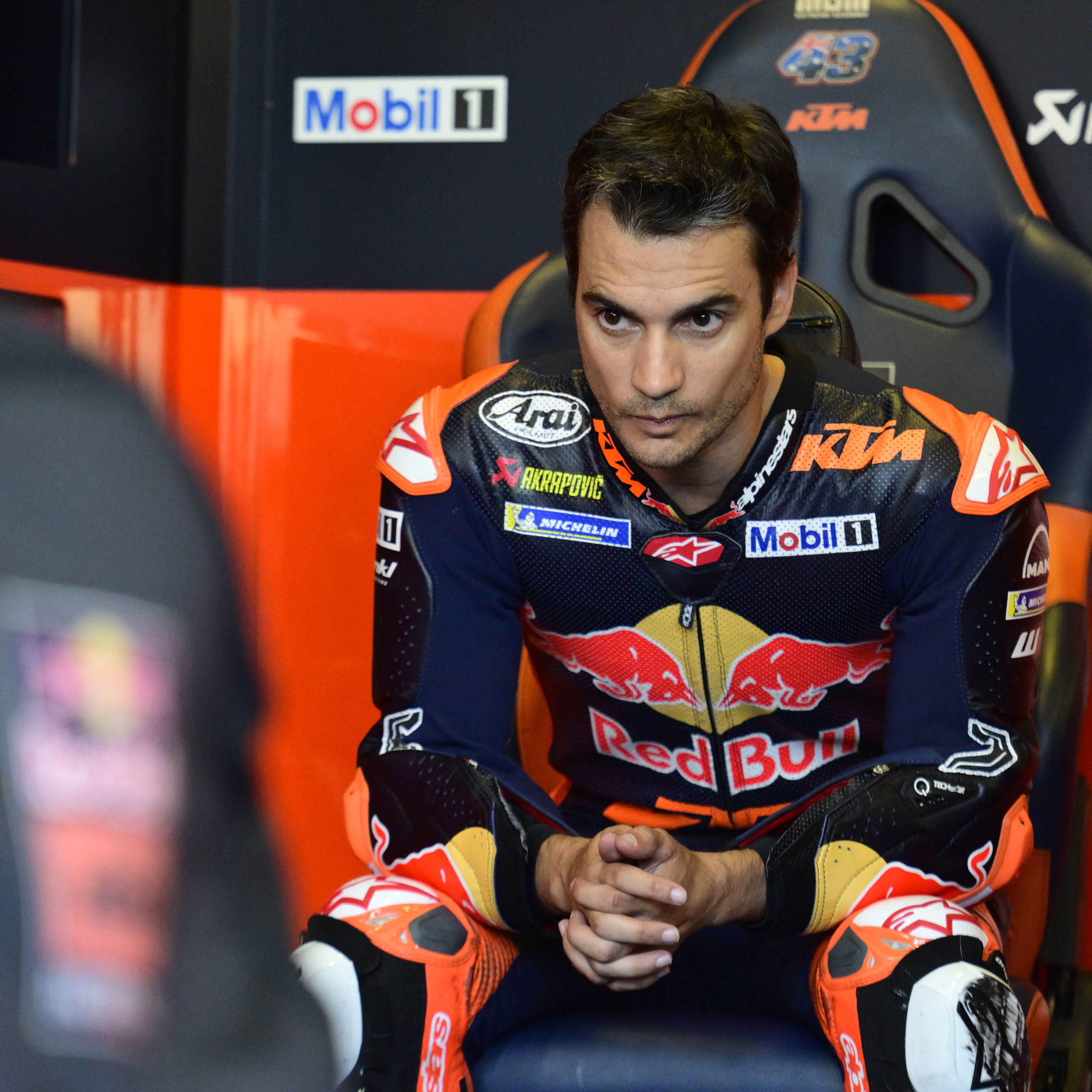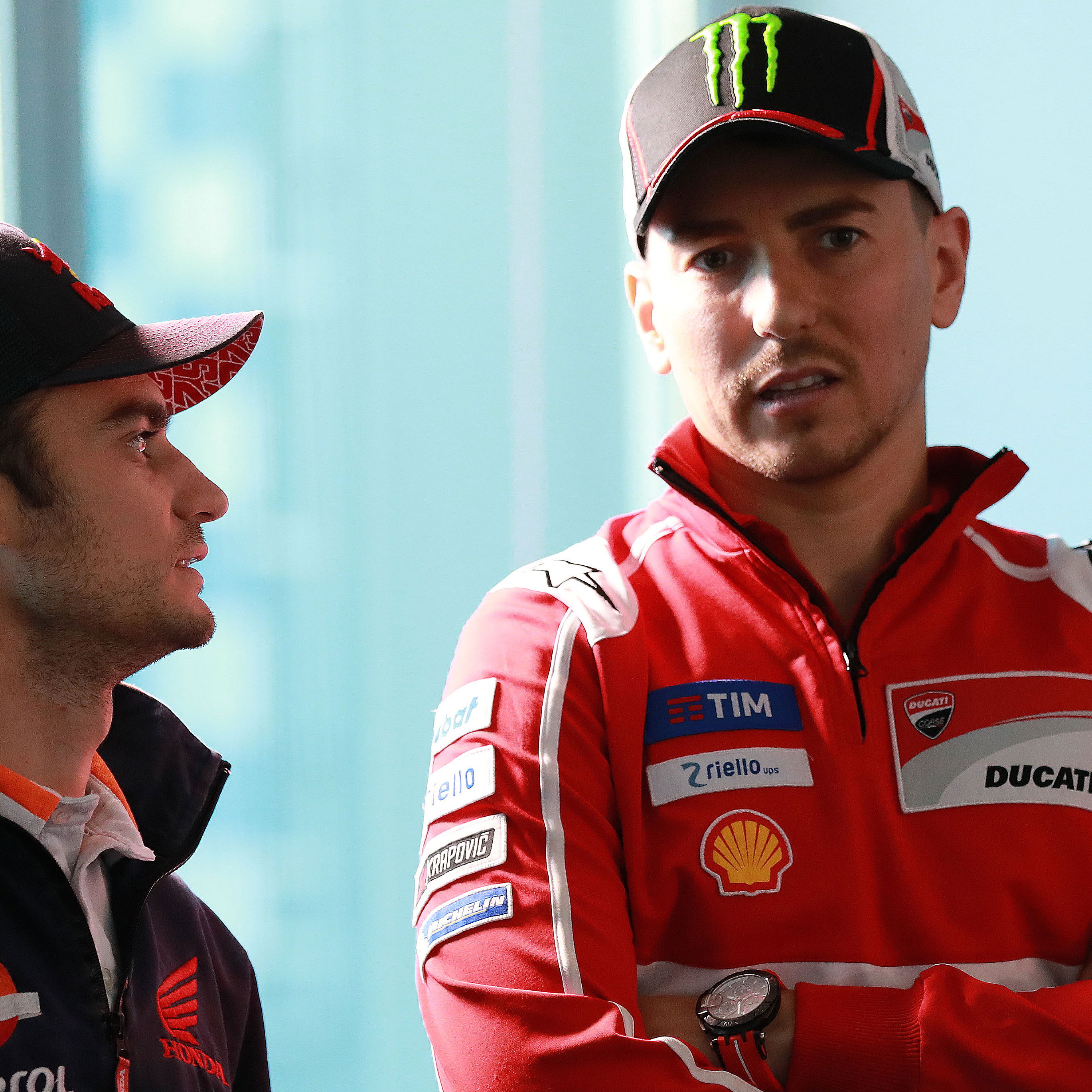Q&A: Mike Leitner (Pedrosa`s chief mechanic).
Having previously worked with Jeremy McWilliams, Ralf Waldman and Stefano Perugini - and spent two years as an ?hlins suspension technician - Mike Leitner first joined forces with Dani Pedrosa when the Spaniard stepped up to the 250cc class in 2004.
The 45-year-old Austrian has since become one of the most important figures surrounding the Repsol rider.

Having previously worked with Jeremy McWilliams, Ralf Waldman and Stefano Perugini - and spent two years as an ?hlins suspension technician - Mike Leitner first joined forces with Dani Pedrosa when the Spaniard stepped up to the 250cc class in 2004.
The 45-year-old Austrian has since become one of the most important figures surrounding the Repsol rider.
Together they have won two 250cc world titles, before stepping up to MotoGP in 2006. That season saw Pedrosa win his first two premier-class grands prix, the rookie of the year crown and help Repsol Honda clinch the teams' world title.
In 2007 Dani added a further two MotoGP victories to his name and claimed second place in the world championship standings, while third and first places in the opening events of 2008 means he leads the MotoGP World Championship standings for the first time ever heading into this weekend's Portuguese Grand Prix...
Q:
As Dani Pedrosa's chief mechanic, what are your main duties within the Repsol Honda Team?
Mike Leitner:
As chief mechanic, my main duty is to supervise every decision taken regarding the bike, which could be the engine, gearbox, suspension, tyres... I have the last word. We are a great team, with many specialists, and everyone works hard, but in the end, when someone has to decide on what direction to take, that's me. It's an enormous responsibility, and that means there's a lot of pressure.
Q:
How would you describe Pedrosa?
Mike Leitner:
This is my fifth season working with him and I can tell you he's clearly a very special rider. When you win a world championship in 125cc and two in 250cc; you win races during your first MotoGP season, and by the second year you're the world runner-up, it's quite clear that you're a special rider, different to the rest.
Q:
Is he easy to work with?
Mike Leitner:
As I said, he's a special person, but he is easy to work with. He's no hero, he doesn't see himself as a star or a prima donna. He's an easygoing, down-to-earth guy. I think Alberto Puig always helped out a lot with that. He's been well trained to understand what life's about. He understands the positive and negative aspects of motorcycle racing, and has always been serious about his work.
Q:
What is the most difficult part of your job?
Mike Leitner:
There's nothing particularly difficult. We always try to adjust everything as best we can, in order to get the best possible result. It's a motivation that lasts from the first winter training session until the very last race. It requires a lot of energy, but if you have a rider like Dani, who gives back so much in return, it's very motivating for all the team members.
Q:
What is your favourite memory from your time working with Dani Pedrosa?
Mike Leitner:
We've had so many good moments that I can't just talk about one. At times when things aren't going too well, they way he takes on difficult situations surprises me. And at the same time, when we're successful, he surprises me again with his serene approach. There are many special moments, like the last victory at the Jerez Grand Prix, when it was the second race of the year and bearing in mind all the problems we had during the winter training sessions.
Q:
And your worst memory?
Mike Leitner:
The worst moments are definitely when the rider falls and hurts himself. We've had a few such moments in the past, and for any team, any mechanic, it's a very hard time.
Q:
When does the tension reach its peak during a grand prix weekend?
Mike Leitner:
There can be many tense moments, starting with when you're trying out something important and hoping all goes well, or even before the training sessions, when on Thursday we decide upon the tyres we're going to use throughout the grand prix. Also, for anyone who is competing, the most terrible moment is just before the start of the race.
Q:
Does a chief mechanic need psychological skills when working with a rider?
Mike Leitner:
Definitely. In our case, Alberto Puig takes care of these things, and I concentrate mainly on the technical aspects. Though after so many years, we've become Dani's friends and he trusts me much more than when we started out; in the same way that I understand him much better and know when to pick the moment to tell him something, calm him down, or motivate him. I think that right now we have a good relationship, you get closer as time goes by.
Q:
How many hours do you spend at the circuit during a race weekend?
Mike Leitner:
A lot! I've stopped counting, because this job demands a lot of energy from everyone. Every mechanic works hard, because this is a crazy world we're in and there's a lot of pressure. You're always under pressure, and the hours just slip by while we're on the track.
Q:
Finally. Can you tell us what a race day is like for Dani Pedrosa's chief mechanic?
Mike Leitner:
It depends whether it's a training session day or a race day. But on a race day, it starts at 7:00 am sharp at the hotel, we come to the circuit, and prepare the bike for the warm-up, which is at 9:40 am. The adjustments are already made the night before.
Then we have the warm-up, which gives us the rider's latest information, and we get the bike ready for the race, making the last changes if necessary, like the tyres, for example. We check the weather, the wind, and everything that can affect the bike's performance. Most of the adjustments have been decided upon the previous afternoon, and we always try not to change too many things at the last minute.
Once the race has started, Sunday is usually the easiest day for a chief mechanic, as all the work has already been done, and the stressful days are Friday and Saturday. Sunday, if everything goes as expected, is our easiest day, though it's the toughest day for the rider.
